
While we are exposed to toxins just about everywhere we go, there are some places we have MUCH more control over our materials and surroundings compared to others. When it comes to the kitchen and mealtime, the good news is there are just SO many opportunities to switch over to organic baby products and healthier mealtime essentials.
It can be so easy to end up with plastic dishes that you never intended to keep in your home. Whether you get them as gifts or your kids become attached to them, they can end up being used without much thought, rhyme or reason. And before you know it, you’ve got a cabinet of plastic dishes, water bottles, silverware — the works!
So many families put off replacing these plastic dishes because of the cost and time and energy it takes to replace them all. And this makes sense! We lead busy lives that don’t lend themselves to a lot of extra time spent researching and hunting down better mealtime essentials for our kids. Afterall, mealtime in and of itself is an insanely involved part of the day.
But if you had a list of the best, safest organic baby plates, utensils, bottles, and dinnerware essentials, it would make the whole process a lot easier. And you’d could see up front just what it would cost to replace toxic materials in your kitchen and start using organic baby and toddler items instead.
While the health of our kids is priceless, I totally get that it’s not always possible to replace everything at once. And so with the list that I have in this blog post, you can pick and choose and prioritize which items your family uses the most.
It’ll take the overwhelm out of the situation so you can focus on the actual mealtime, knowing your kids aren’t being exposed to unnecessary toxins while they eat.
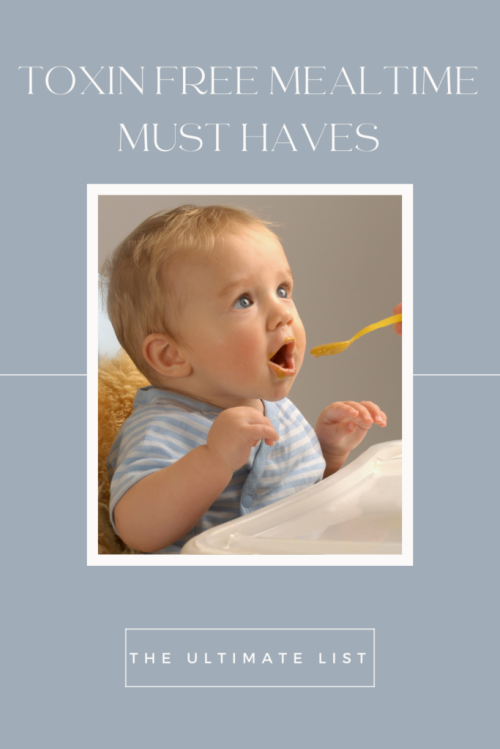
AVOID PLASTICS
You know that I’m adamantly opposed to eating off of plastic or using plastic in the kitchen whenever possible. Plastic is one of those items in the kitchen that can really expose you to a plethora of toxins.
This article put out by Harvard outlines the main chemicals that make plastic so harmful to our health: phthalates and bisphenol. Both of these chemicals are harmful to the natural production of hormones. OUr hormones regulate so much within our bodies including supporting our immune system and childhood development. Once those natural systems are burdened or hindered, all sorts of other health issues start to pop up.
These problems can include cardiovascular disease, type 2 diabetes and abnormalities in liver enzymes. There is also concern for pre and postnatal development when exposure to BAP and plastics takes place. Phthalates also play a role in development of the reproductive system and trigger serious disorders. Another study linked bisphenol to affect brain development and the way it affects behaviors. (STUDY)
This list for plastic exposure issues is just the short list to be honest. And while exposure to plastics comes from MANY different sources, limiting the sources you can is the best way to avoid low-dose chronic exposures to plastic chemicals.
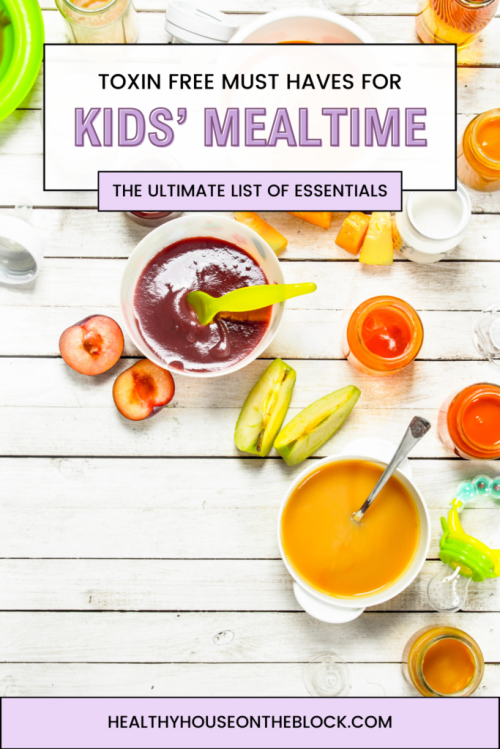
WHEN YOU CAN’T AVOID TOXIC MATERIALS
Here’s the deal, we can’t always avoid toxic materials when it comes to our kids, or even ourselves. The truth is that some toxins in the world are there to save us.
As a NICU mom to a baby who spent his first 48 days of life in a very plastic filled NICU and then another 5 months with a plastic feeding tube inside of him, I had to learn that even though I can’t stand plastic and all the other toxins that he was exposed to, they 100% saved his life and allowed him to flourish and live a totally normal childhood.
That being said, there are still things that I cannot avoid when it comes to plastics with both him and in our home. My only job is to try to limit it as best I can. This is a lesson in changing what is in your direct control and mentally letting go of what is not able to be changed.
For you, this may mean ditching plastic dishes or switching over to glass bottles. It might mean opting for silicone milk storage bags or buying baby food stored in glass jars instead. But maybe you can only change one or two of those things. THAT’S OKAY. Change what you can and remember that you can change other things down the road, or leave them.
To be totally honest with you, so many families get hung up on replacing toxic materials, which absolutely helps reduce toxins in the home. But in this focus of the materials and items, they totally miss the truth that our habits and in particular, getting rid of dust, will reduce a HUGE amount of toxin exposure in the home when it comes to kids.
Dust holds SO many toxic chemicals and with kids’ this can easily end up on their bodies and in their mouths. Because kids play close to the ground and because their hand to mouth habits are different from adults, their exposure to dust through ingestion and inhalation is much higher.
Make it a point to vacuum and dust on a regular basis to remove as much dust as possible and protect those little bodies. So even if you can’t switch over to more organic baby products and items, you’re still protecting your children in other ways.
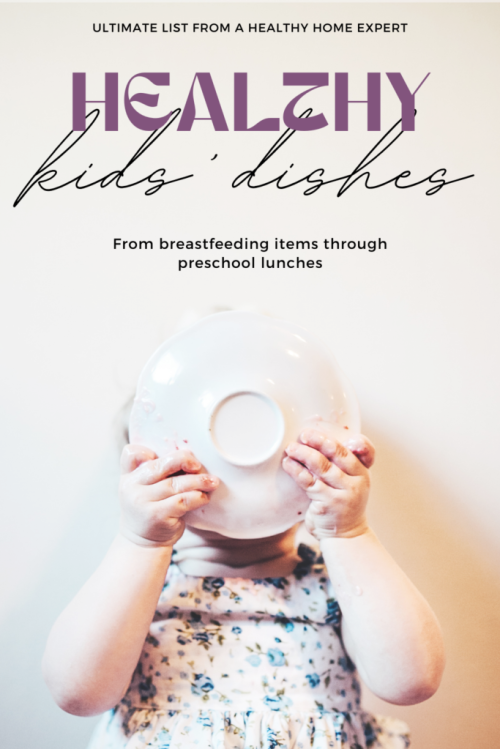
SAFE MATERIALS TO LOOK FOR IN ORGANIC BABY ITEMS AND KIDS DINNERWARE
So we know that avoiding plastic is the way to go. But let’s be honest, plastic is a convenient, shatterproof product that most of us have grown accustomed to. So what type of organic baby product could replace it? Nothing will be exactly the same, but if you can get used to some small changes, here are my top picks for safe materials when it comes to organic baby products.
Silicone: A while ago I did a rather lengthy post all about silicone and what to look for when you’re purchasing items made of this material. This is a great alternative to plastic as it is soft and moldable. It’s not a material that can break necessarily and it’s often a very safe product. Make sure you’re opting for food grade or platinum silicone when you’re on the hunt for organic baby items.
Glass: Glass is a tricky material when it comes to kids and babies. And while it’s a totally safe material health wise, it can pose other issues when put in the hands of our kiddos. Glass bottles are a great alternative to plastic and often times comes with a cloth or silicone sleeve to protect the glass if it were to fall.
Metal: Stainless steel is another great option for organic baby items, especially when it comes to baby utensils and kids dinnerware. Again, you’ll want to make sure you’re getting a stainless steel product. Try to avoid products that contain aluminum as that can affect brain development (STUDY)
Bamboo: I love that so many disposable dishes are now made with bamboo instead of plastic. Bamboo is an incredible renewable resource that is being tapped into and can help replace quite a bit of plastic when you’re hunting for kids dinnerware. Be sure to get bamboo that doesn’t contain any sort of adhesive. Oftentimes pieces of bamboo are adhered together and they can contain formaldehyde and other solvents in the glue. Look for a third party certified organic baby product here.
Natural Rubber: Natural rubber has been our go-to for toys and some pacifiers. Make sure you’re getting a 100% natural rubber that has been third party certified if possible. It’s also best to find organic baby products made of rubber that don’t contain any dyes.
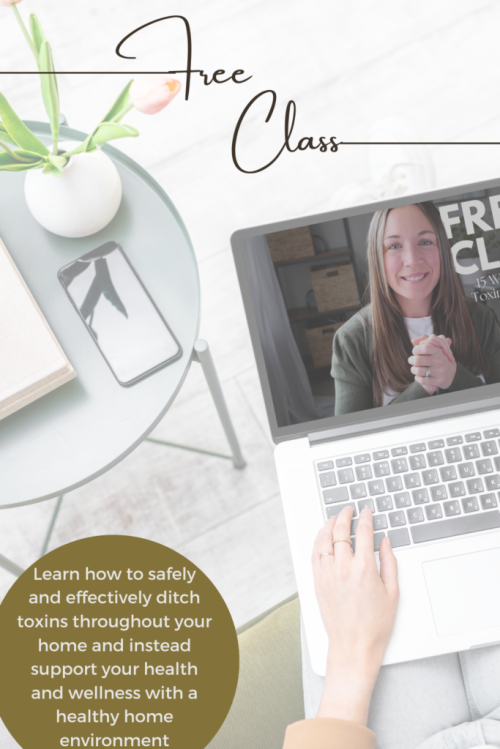
NATURAL AND ORGANIC BABY ITEMS:
Bottles:
Dr. Brown’s Options+ Wide-Neck Glass Baby Bottles
Philips Avent Natural Glass Baby Bottle
8 oz. Mason Bottle DIY Kit: BPA-Free Glass Baby Bottles
Milk Storage:
Zip Top Reusable 100% Platinum Silicone Breast Milk Storage Bag Set
Haakaa Breast Milk Storage Bags made of Food Grade Silicone
Food Containers
WeeSprout Glass Baby Food Storage Containers
WeeSprout Silicone Baby Food Freezer Tray with Clip-on Lid
Babymoov Glass Food Storage Containers | Leak Proof Stackable & Reusable Glass Jars
Bibs
Touched by Nature Baby Organic Cotton Bibs
Otterlove Silicone Bib – 100% Pure Platinum LFGB Baby Bibs
Pacifiers
HEVEA Crown Round Pacifier 0-3 months
Ryan and Rose Cutie PAT Pacifier Grey Stage 1
Food Mill
Toddler Cups
Otterlove Natural Grip Silicone Baby/Toddler Cup – 100% Platinum Pure LFGB Silicone
Elk and Friends Glass Mason jars with Silicone Sleeves & Straws with Stoppers
Stainless Steel Cups for Kids and Toddlers 8 oz – Stainless Steel Sippy Cups
Non-Toxic Plant-Based Sippy Cup Without BPA, BPS, Bpf
Sippy Cup Lids – 100% BPA Free Leak Proof Silicone
Food Mill
Avanchy Bamboo Suction Toddler Plate & Spoon
Bumkins Silicone Grip Dish, Suction Plate
Stainless Steel Silicone Suction Plate with Dividers by Avanchy
Silverware
Munchkin Polish Toddler Fork, Knife and Spoon Utensil Set, Stainless Steel
Bumkins Silicone Utensils – Food Grade
To Go Ware Kids Reusable Bamboo Utensils – heat and stain resistant
Otterlove Silicone Baby Spoons – 100% Platinum Pure LFGB Silicone
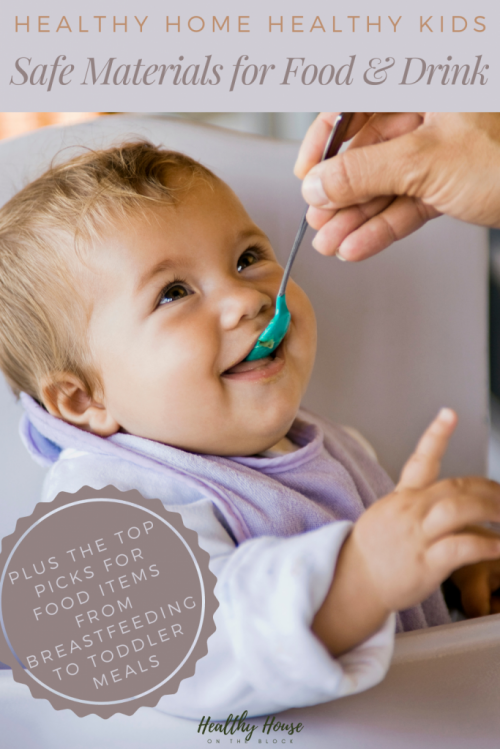




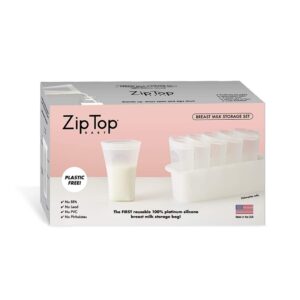
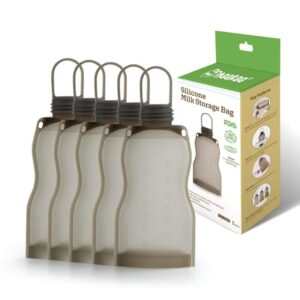
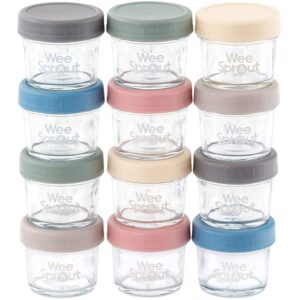



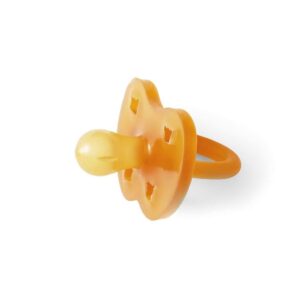

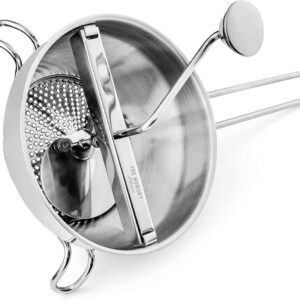
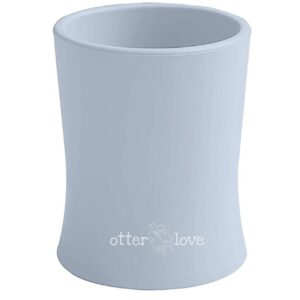


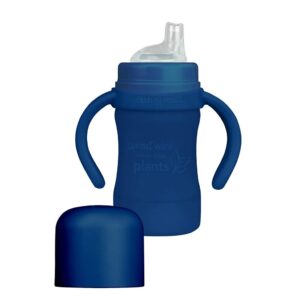

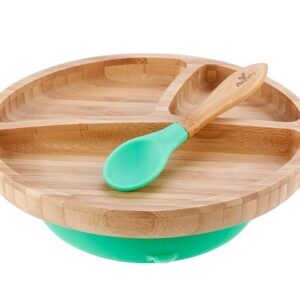


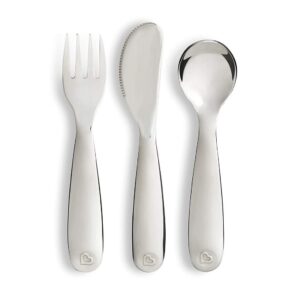





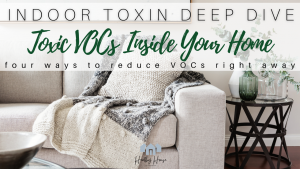
Pingback: 10 Free Ways to Reduce Environmental Toxins at Home